Ruins of Holyrood Church
Now a memorial to merchant sailors and Titanic victims, this medieval church was destroyed by bombing raids in 1940.
Southampton city center is a strange mixture of medieval relics and 1950s architecture, a legacy of World War II bombs and often misguided 20th-century town planning. The tragic ruins of Holyrood Church, first built in 1320, are a permanent reminder of this history.
In November 1940, using the recognizable white-painted spire of neighboring St Michaels Church as a guide, the German Luftwaffe dropped 800 high-explosive bombs and 9,000 incendiary bombs on the blacked-out port city. Much of the historic city center and dockyard, including seven churches, were badly damaged or destroyed, yet nearby St Michaels, with its easily spotted spire, was saved.
After the war, Holyrood Church was spared the fate of other historic buildings damaged in the “Southampton blitz” bombing raids. Rather than removing the remains, the bombed-out ruins were dedicated in 1957 as a memorial garden to the memory of merchant sailors who used to worship there, including the 549 Southampton-resident sailors killed on board the ill-fated RMS Titanic.
Holyrood Church was restored in 2004, when the whole structure was once more at risk of collapse. Around £670,000 of U.K. Heritage Lottery Fund money was secured to preserve the ruins.
Know Before You Go
The Holyrood Church ruins are on the corner of High Street and Bernard Street, adjacent to the large anchor. When open, the inner courtyard is fully accessible.
Southampton has numerous other medieval relics spread throughout the otherwise modern city, and it's worth taking the time to seek them out.


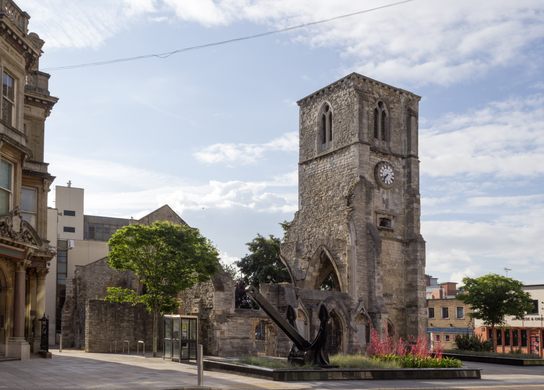
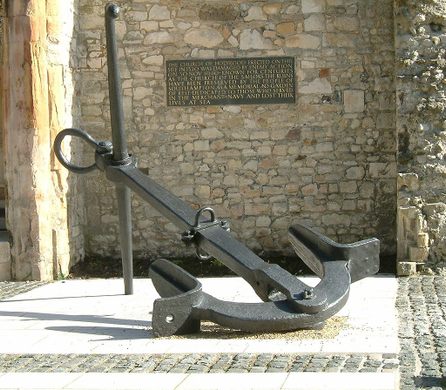

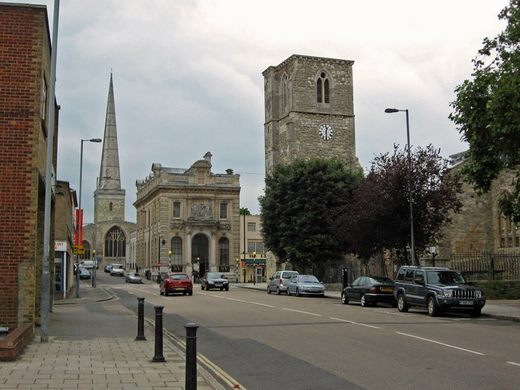
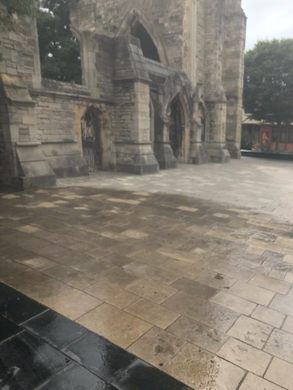
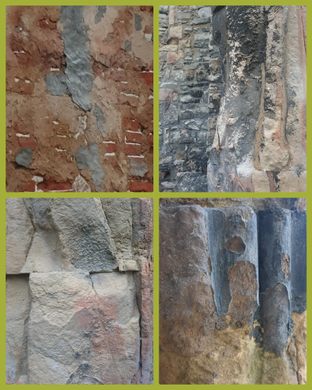
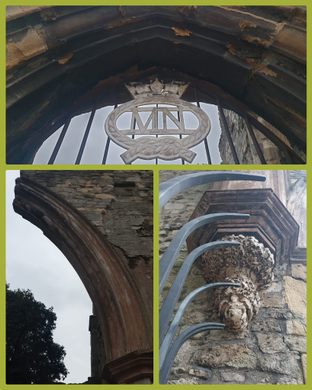
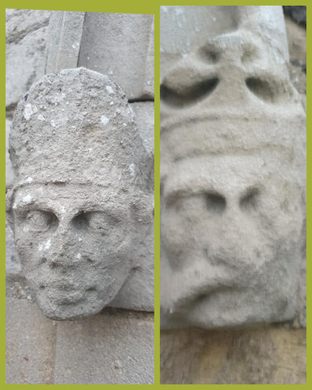
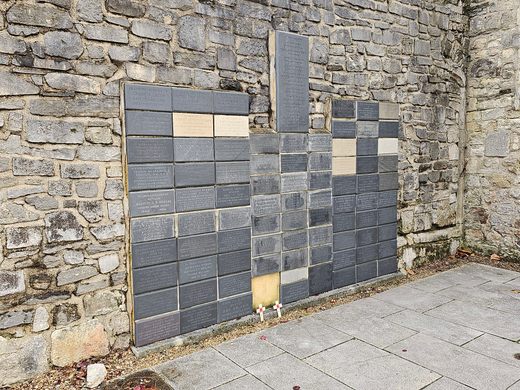










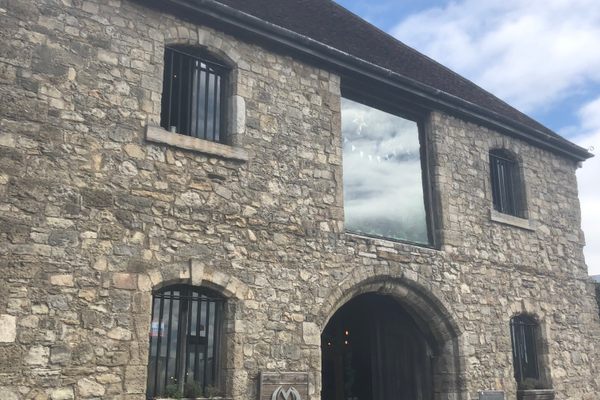

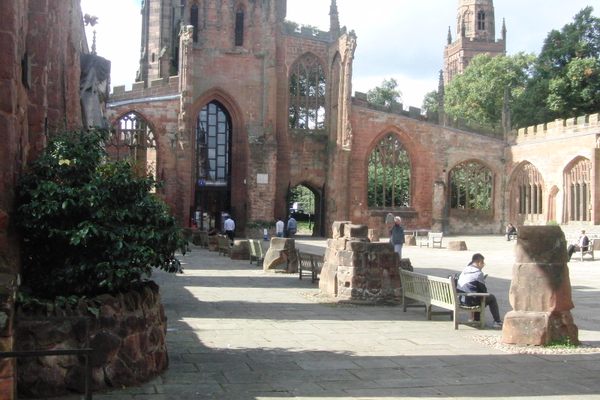
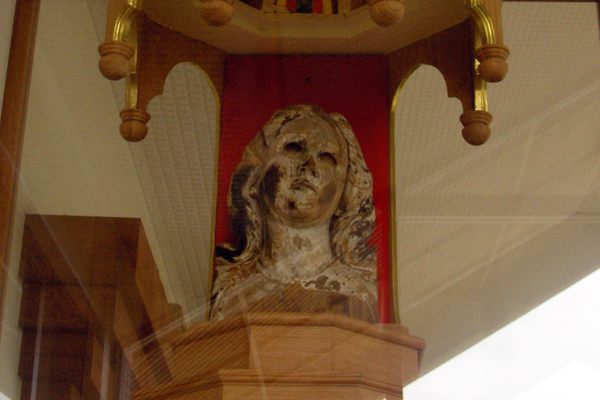



Follow us on Twitter to get the latest on the world's hidden wonders.
Like us on Facebook to get the latest on the world's hidden wonders.
Follow us on Twitter Like us on Facebook